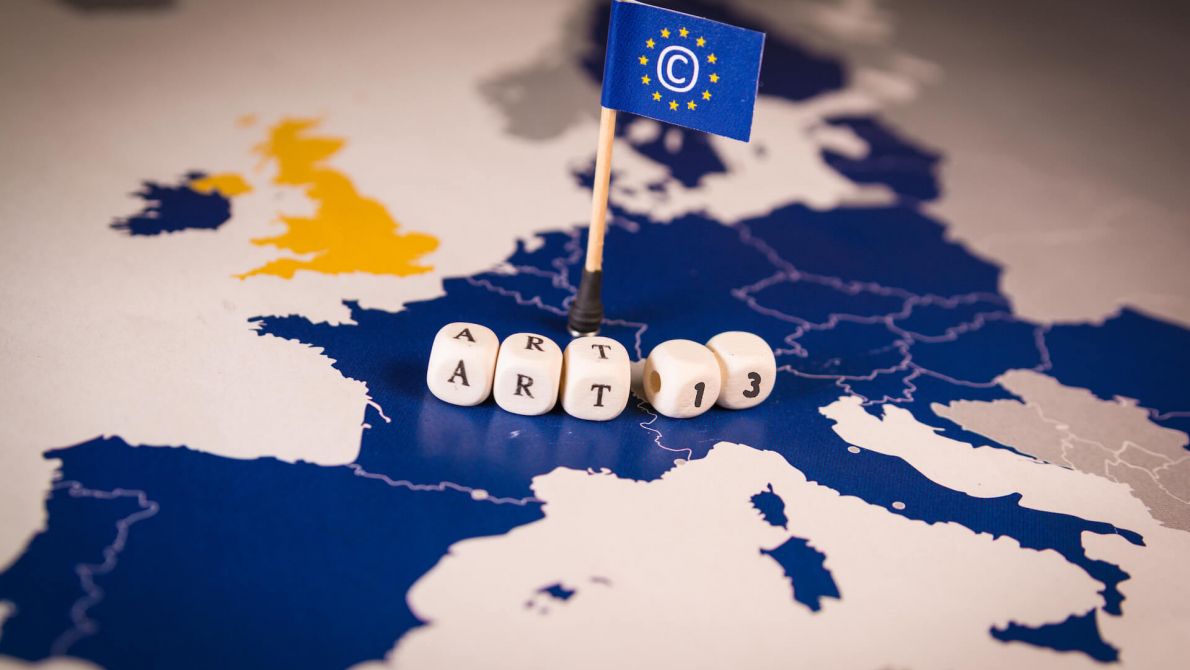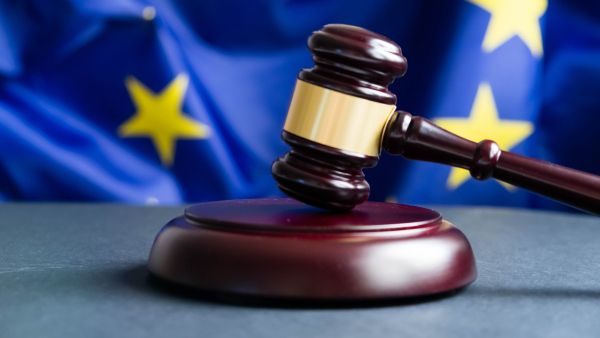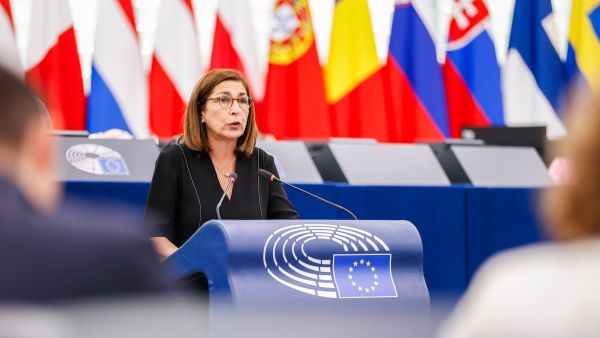Through our work in the legal affairs committee, the S&D Group works to facilitate access to justice for our citizens, including those who move across borders. We also ensure that we can respond to the new challenges arising in the online world. We need appropriate protection for intellectual property rights, be it for patents, trademarks or copyright so that innovation and creativity can flourish in the EU and promote European talent. In this debate, we pay special attention to safeguarding the rights of both creators and users. We are also fighting hard to make sure companies, when acting across borders within the EU, do so in a responsible way, respecting EU and national laws on taxation, workers’ rights and social security.

Following the Dieselgate scandal, where Volkswagen cheated on emissions tests to make their cars appear better for our health and climate, S&Ds managed to get the Commission to bring forward EU rules on collective lawsuits. Consumers in the US, who have this instrument, managed to receive financial compensation, while EU consumers received nothing. Despite a strong lobby from multinational companies and right-wing groups who tried to water down the proposals, S&Ds managed instead to strengthen it, ensuring for example that there is no exception for air and rail passenger rights. As we saw from the chaos following Ryanair’s mass cancellations, it is essential that passengers have means to bring cases collectively as well. We have also ensured that consumers will not have to wait years to get compensation, as the proposal will allow for parallel court action. However, we disappointed that the rules only cover consumers, not all citizens, and will continue our fight for this. Now it is up to the member states to take their position so that the final negotiations on the legislation can begin.

The S&D Group insisted on wider and easier cross-border access to online services. In the past, when you visited another EU member state, you were unable to access online content such as films, TV series, music, games, or sporting events - even though you had paid for access at home. We want Europe to be growing more closely together. Therefore, the S&D Group insisted on the removal of such restrictions. Ever since April 2018 online services such as Netflix, HBO Go, Amazon Prime, Spotify and Deezer can be accessed while you are visiting another member state, for example during holidays, studies or on business.

When it comes to the new rules on copyright (Directive on copyright in the Digital Single Market), our group fought for an approach that fairly balanced the many interests at stake: consumers, authors and performers, European culture, freedom of speech on the web and European competitiveness in the digital era.

Millions of consumers across the globe conclude contracts for the supply of digital content on a daily basis. These include not only contracts on computer software and mobile applications; books, films, games and music are increasingly purchased in digital form. Moreover, services such as cloud computing, trading platforms and social media gain constant popularity. This shift in consumers’ behaviour towards the digital world should not undermine consumer rights. Therefore, the S&D Group fought for strong consumer rights in this area. These include an update-obligation and liability rules for sellers, as well as remedy rights and a reversal of the burden of proof to the benefit of the consumer. Furthermore, the S&Ds insisted that consumer rights are equally applicable to contracts where the consumer does not pay a monetary price, but provides personal data in exchange for the content or service.

The Parliament, led by our S&D Group, successfully put pressure on the Commission to come forward with a legislative proposal for EU-wide rules to protect whistle-blowers. The recent tax scandals such as the LuxLeaks, the Panama Papers and the Paradise Papers, were uncovered by courageous citizens who sensed that something was wrong. They stood up for society by lifting the lid on these scandals, sometimes illegal, sometimes unethical, or sometimes just teetering on the edge of legality. Shockingly, many of those brave whistle-blowers came under attack. Some were threatened, fired or even convicted. These scandals brought all the issues around whistle-blowers right to the heart of public attention. Currently, the legal framework under which whistle-blowers are protected differs greatly across EU member states. In order to prevent loopholes and protect these modern heroes, we needed EU-wide legislation. Thanks to the S&D Group’s persistence, the Parliament reached an agreement with the Council so that in future whistle-blowers should not have to fear any backlash when they reveal wrong-doings in different fields, including taxation. This is to the benefit of our societies. For the S&D Group, transparency and freedom of expression are central to our democracies.

Despite all these scandals, we are afraid that tax avoidance, especially outside Europe, will continue if information on where taxes are paid remains a secret. Therefore, we are demanding that the public, including journalists and non-governmental organisations, have a clear picture of what taxes are paid by multinationals - and in particular, where those taxes are paid. Under our leadership, the European Parliament adopted clear and transparent rules. Now everything depends on negotiations with member states. The S&D Group is fighting to ensure transparency in taxation, and we will keep on calling for taxes to be paid where profits are generated.

As the latest example of its fight to guarantee and highlight gender equality throughout Europe, our Group has succeeded in introducing, in the context of amending Protocol No. 3 on the Statute of the Court of Justice of the European Union, a direct reference to the ongoing objective of ensuring gender balance among the judges of the General Court.

Lastly, our Group had a key role in negotiating new rules on the manufacturing of generic medicinal products and biosimilars within the EU, making EU based manufacturers more competitive in relation to those in third countries and improving the access of European consumers to cheaper medicines.
















